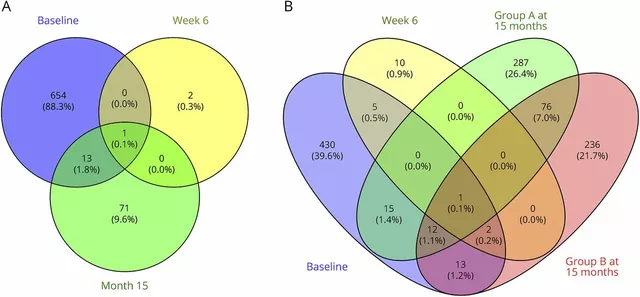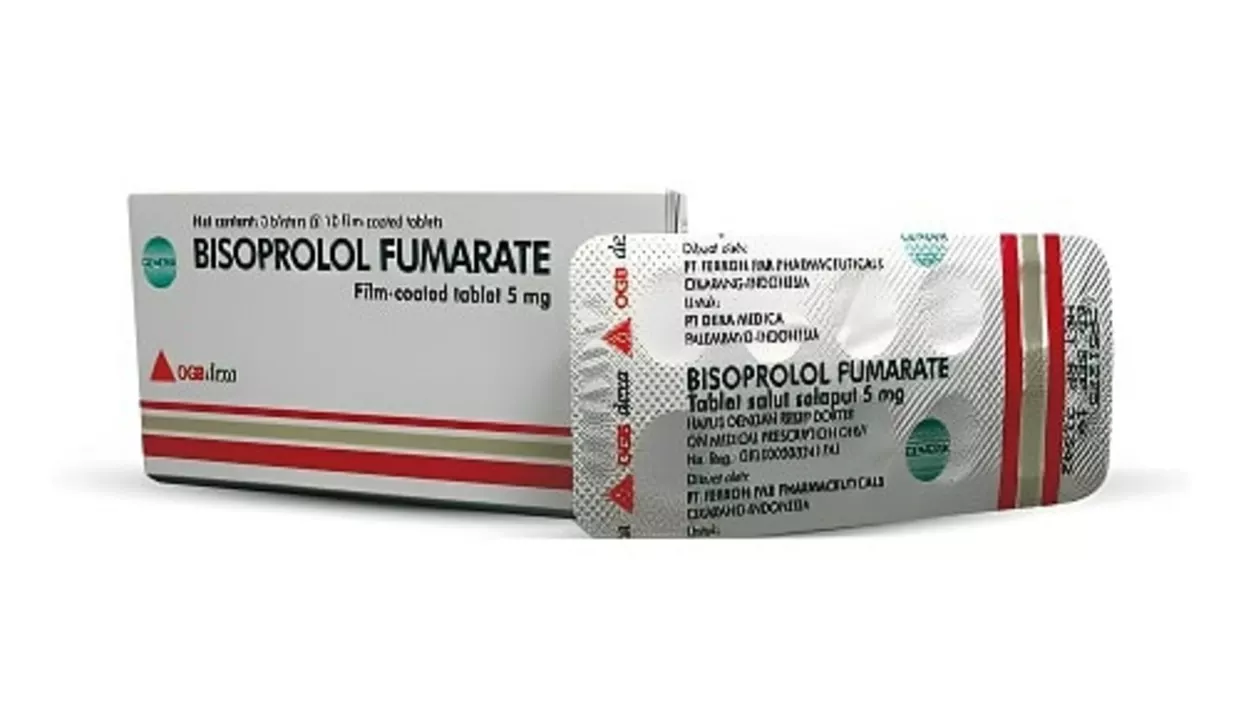Bisoprolol Fumarate – Quick Guide
If you’ve been handed a prescription for bisoprolol fumarate, you’re probably wondering what the pill actually does and how to take it safely. In plain terms, bisoprolol is a beta‑blocker that helps your heart work easier by slowing its rhythm and lowering blood pressure. It’s a go‑to medicine for conditions like high blood pressure, chest pain (angina), and certain types of heart failure.
How Bisoprolol Works and When It’s Prescribed
Bisoprolol blocks the effects of adrenaline on your heart’s beta‑1 receptors. By doing that, it reduces the force and speed of each heartbeat. The result is lower blood pressure and less strain on a tired or damaged heart. Doctors usually start you on bisoprolol when lifestyle changes alone haven’t kept your numbers in check, or when you’ve had a heart attack, chronic angina, or diagnosed heart failure.
What makes bisoprolol different from older beta‑blockers is its selectivity – it targets the heart more than the lungs. That means fewer breathing problems for people with mild asthma, though you still need to tell your doctor about any lung issues before starting.
Dosage Tips & Common Side Effects
The usual adult dose starts at 5 mg once daily, and your doctor may increase it to 10 mg or 20 mg based on how you respond. Always take the tablet with a glass of water, preferably at the same time each day. If you miss a dose, take it as soon as you remember—unless it’s almost time for the next one, then just skip the missed pill.
Side effects are usually mild and go away after a few weeks. Expect things like tiredness, light‑headedness when you stand up quickly, or cold hands and feet. A slower heartbeat (bradycardia) can happen, especially if you’re also on other heart meds. If you notice severe dizziness, fainting, or trouble breathing, call your doctor right away.
Interactions matter a lot with bisoprolol. Medicines such as certain calcium‑channel blockers, anti‑arrhythmics, and some antidepressants can make the effect too strong. Over‑the‑counter cold meds that contain decongestants should be avoided unless your pharmacist says it’s safe.
Pregnancy and breastfeeding are special cases. The drug crosses the placenta, so doctors weigh risks versus benefits carefully. If you’re planning a baby, discuss alternatives or close monitoring with your healthcare provider.
Finally, never stop bisoprolol abruptly. Cutting it off can cause a rebound rise in blood pressure or trigger chest pain. If you need to quit, your doctor will taper the dose slowly over weeks.
In short, bisoprolol fumarate is a reliable tool for keeping heart stress low and blood pressure steady when used correctly. Stick to the prescribed schedule, watch for side effects, and keep an open line with your doctor—your heart will thank you.
The Relationship Between Bisoprolol Fumarate and Anxiety
As a copywriter, I've recently researched the relationship between Bisoprolol Fumarate and anxiety. Bisoprolol Fumarate is a beta-blocker often prescribed to treat high blood pressure and heart-related issues. Interestingly, some studies have shown that it can also help with anxiety symptoms by reducing the physical manifestations, such as rapid heart rate and trembling. However, it's crucial to note that this medication is not a direct treatment for anxiety disorders and should only be taken under a doctor's supervision. Overall, while Bisoprolol Fumarate may provide some relief for anxiety symptoms, it's essential to explore other treatments and therapies specifically tailored to address anxiety.
About
Health and Wellness
Latest Posts


Dimethyl Fumarate: A Game Changer in Treating Autoimmune Diseases
By Orion Kingsworth Apr 29, 2023

Arrhythmia Procedures: Catheter Ablation and Device Therapy Explained
By Orion Kingsworth Dec 27, 2025

Holistic Healing Benefits for Chromosome-Positive Lymphoblastic Leukemia
By Orion Kingsworth Oct 3, 2025

